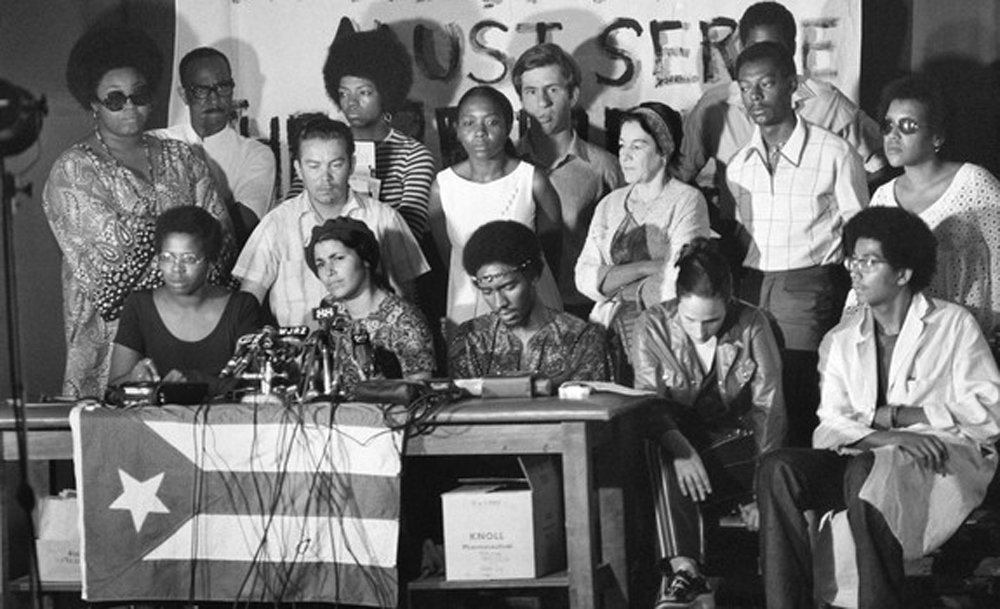“You don’t want to fight on drugs,” says Felipe Luciano, the founder of the Young Lords, in “Dope is Death.” “[After getting off of them] I found out I was political.”
His epiphany contributes to a greater one in Mia Donovan’s incredibly absorbing chronicle of how the underserved African-American and Puerto Rican communities in Harlem took their fate into their own hands to combat the drug addiction that was holding them back from organizing towards a better quality of life and breaking free of the system that had so thoroughly failed them. At a time when the streets were flooded with $3 bags of heroin and suffering wasn’t in short supply, the film details how the Black Panthers and the Young Lords not only seized a local hospital – Lincoln Memorial – to turn into their own detox center, but how Dr. Mutulu Shakur, the leader they installed to run it, came across a novel solution to treating all of the addicts in the community, learning of an alternative to costly government-issued methadone in acupuncture.
Introducing Juan Cortez, a holistic specialist in the present day, at the start of “Dope is Death” administering the five-point needle technique to the ear that Dr. Shakur and others first learned during the ‘70s, Donovan lets the audience know early that the legacy of Shakur’s work remains, but he becomes a ghostly presence in the film, eventually conveyed via archival interviews from prison while most everyone else that was alive during the era is free to speak and speak freely about how the activist groups became a target of the FBI under J. Edgar Hoover in his waning days, opening up a compelling mystery around how Dr. Shakur ended up in jail. After successfully taking a step towards self-sufficiency with acupuncture, it’s especially brutal to see how small a victory that is in a society so weighted against minorities and Donovan impressively zips back and forth across time and countries to create the context necessary to fully appreciate the achievements of the Black Panthers and the Young Lords as well as what it took to bring down the leadership of the rebellion if not the spirit of it.
Although the presentation is decidedly straightforward, Donovan is frequently allowing in personal flavor with letting the camera roll just a little bit longer with a subject than you’d expect at choice moments, making the most of time spent with lively subjects such as Cortez and Luciano, among many others, letting both their ingenuity and pain, which go hand-in-hand, register fully. In telling of how the marginalized found an effective form of detox, “Dope is Death” offers a refreshing release of its own in airing this unbelievable hidden history and illuminating the reasons it’s gone this long under the radar with real electricity.
“Dope is Death” will be streaming through DOC NYC from November 11th through 19th.




